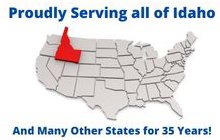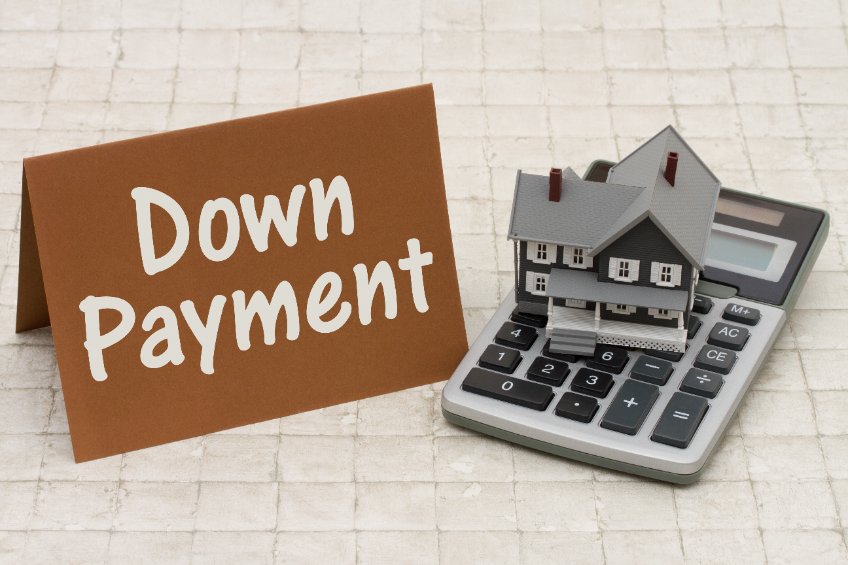We commonly hear about discouraged people renting for years as they try and save up a huge amount of money to buy a home simply because they listened to rumors. A full 20 percent down payment is not always the case. First, let’s define what a down payment is: A down payment is the money you pay upfront when buying a home. The loan is what covers the rest of the purchase. Down payments are typically a percentage of the price of the home and is your personal contribution toward ownership. Earnest money is not a down payment, which commonly gets confused.
Varying Requirements for Down Payments
Some loans do require a 20 percent down payment, and it’s usually connected to mortgage insurance requirements on conventional loans. According to the National Association of Realtors, the average down payment for home buyers in the US last year was 13 percent, and for first-time home buyers, that number was only about 7 percent. The down payment for you will depend on the type of mortgage you apply for. For example, VA loans, USDA loans, and other federally backed loans usually do not require any down payment. There are some conventional mortgages, these are not backed by the government, that only require about 3 percent down. Some FHA loans require a minimum credit score and a down payment as low as 3.5 percent, but if your credit is lower than 580, that requirement goes up to 10 percent. Additionally, there are jumbo loan options that require minimums of 10 percent down because they tend to be a little riskier. As you can see, there are many options out there, so before you get discouraged and think you’re stuck renting for years, visit InterWest Mortgage to see what we can do for you.
Benefits of a Down Payment
Even if a down payment isn’t required, it’s never a bad idea to show up to the table with some saved money. With a larger down payment, you can often get a better interest rate overall because the lender takes on less risk. You can also gain access to home equity more quickly because you’ve already started out with a smaller loan compared to your home’s worth. The home is an immediate asset when you already owe less than it’s worth. A good down payment also means your monthly payment will be lower because your loan amount is smaller, and you’ll have lower fees and upfront costs.
So How Much Should You Save?
How much you put away for a down payment is dependent on many factors, and it’s not a one-size-fits-all situation. If you do have some savings for a down payment, keep in mind that you may not want to use it all on a down payment. Keeping some on hand for inspections or assessments, closing costs, maintenance needs, yard or fencing requirements, or potential emergencies is also an important part of the home buying process. Whether you have a down payment ready to go or not, we can help you get on your way to purchasing the home of your dreams and within your budget.





